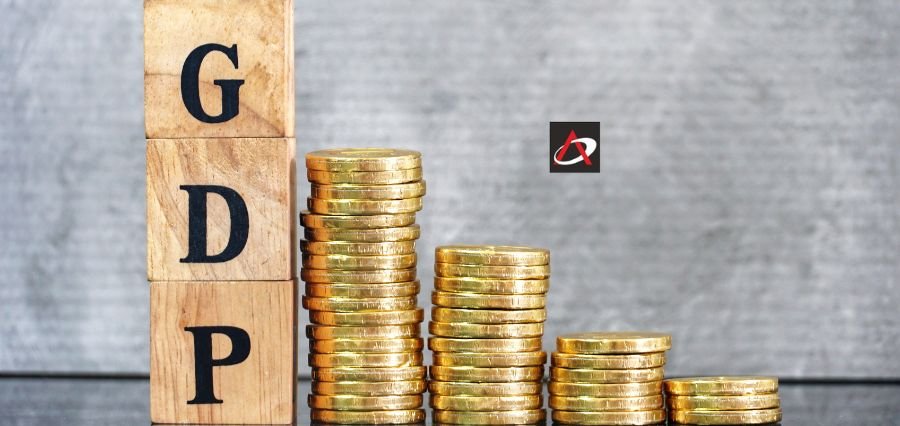Prime Highlights
- Middle East stands to have a $232 billion GDP boost by 2035 as a result of AI adoption and climate resilience.
- Saudi Arabia leads AI innovation and economic diversification strategy.
Key Facts
- Regional GDP growth may be cut by as much as 14% by climate threats if not addressed.
- AI-driven productivity alone can add 8.3% to GDP by 2035.
Key Background
A recent PwC report identifies artificial intelligence’s climate resilience and future-proofing capacity in the Middle East. The region’s present GDP of $3.57 trillion can have the potential to become $4.68 trillion by 2035—if governments take appropriate steps towards developing AI and adopting green climate policy. Lacking these changes, the projected growth can be far behind at $4.57 trillion because of climate disruption.
According to the report, climate change will alone eradicate 13.9 percentage points of possible GDP growth. Increased heat, more water shortages, and flood risks are immediate economic threats that can have physical impacts on infrastructure, public health, and productivity. On the other hand, adopting AI can bring about an 8.3% GDP increase predominantly from automation, wiser decision-making, and greater operating efficiencies across sectors.
Saudi Arabia is becoming a regional powerhouse in both domains. The Kingdom is 15th among the leading nations in AI research, with close to 30,000 academic papers. Its Project Transcendence, a $100 billion mega-plan announced by the Public Investment Fund together with international technology firms, seeks to develop a healthy indigenous tech ecosystem. The project will generate new employment opportunities, drive innovation, and attract foreign partnerships.
The PwC Middle East chief of chief strategy and technology reiterated the call for governments and industries to move in concert and with resolve. He noted that the Middle East sits in a special moment—where a bet on digital transformation and climate sustainability has the potential to generate a competitive world edge. Such a double-wager not only holds the potential for greater economic payback but also future-proofs regional growth in a time of uncertainty over climate.
By taking action now, Middle Eastern countries have a chance to tap into a $232 billion economic bonus, and establish a strong, AI-founded, and sustainable future.




